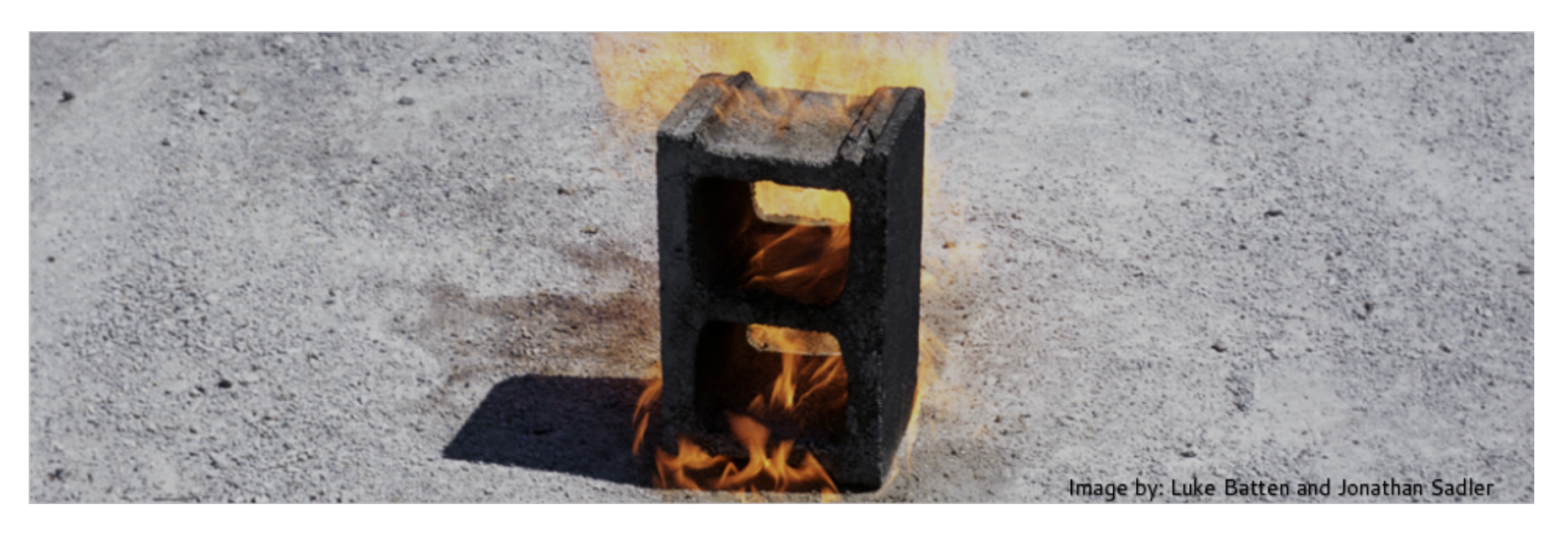Conference speakers included
Myrna Douzjian (UC Berkeley),
Talar Chahinian (California State University, Long Beach),
Nancy Kricorian (New York City-based writer and organizer), and
Scout Tufankjian (New York City-based photographer). Brett Kaplan also invited us, Helen Makhdoumian and Dilara Çalışkan, to present. The event closed with a screening of
Armenoscope: constructing belonging and a conversation with the documentary essay’s director,
Silvina Der-Meguerditchian (Berlin-based visual artist and artistic director for
Houshamadyan).
In this vein, we had both an all-women organizing committee and an all-women lineup of speakers making thought-provoking, critical and artistic contributions to Armenian studies and the larger fields of trauma, memory, and diaspora studies. Faculty and graduate students across campus introduced each speaker. Presentation titles and bios of the speakers and introducers can be found on the this
blog.
Brett suggested doing an event on the topic of the Armenian Genocide to Helen after learning about a campus conference funding application. Helen proposed inviting inspiring people with diverse academic and creative talents and backgrounds. Because of her exposure to the interdisciplinary and multinational community of promising and more advanced scholars that HGMS has fostered, Helen believes that Armenian literature and art often produce nuanced theories that can be harnessed alongside other methodological frameworks for the study of transnational Armenian experiences. Dilara joined the organizing committee and provided insightful perspectives that continued to shape the committee’s goals for the event.
Alongside speakers and attendees, we actualized our vision for the event: to foster conversations on remembrance practices of the Armenian Genocide across time, space, and place, how memories of this genocide travel across media and form (film, literature, art, and photography), and how Armenians’ experiences of victimization and survival are referenced in varied locations and contexts to raise awareness of other histories of traumatic collective violence.

Photo credits to Aram Grigoryan and Brett Kaplan
Delete
Edit embedded media in the Files Tab and re-insert as needed.
The diverse geographies, backgrounds, and disciplines of both panelists and attendees engendered dynamic and transformative discussions throughout the day. By the afternoon, the room filled to full capacity. The exciting conference program drew an audience of students, faculty, and community members from UIUC and even other Illinois institutions. Attendees actively participated in post-panel discussions, which further facilitated an interdisciplinary atmosphere and opened spaces to think more critically about memory work and its itinerary across borders and generations. Ultimately,
Spaces of Remembering the Armenian Genocide demonstrated that collective memory remains a vital source of inspiration for ongoing struggles for justice.

Photo credits to Aram Grigoryan and Brett Kaplan
Delete
Edit embedded media in the Files Tab and re-insert as needed.
To continue the conversations that transformed all of us during the event, HGMS has invited
Khatchig Mouradian (Columbia University) to give a lecture in January. Furthermore, the comments about the strength of this conference’s structure and the energy for continuing to produce innovative scholarship on the memory and representation of the Armenian Genocide that it generated inspires us to continue to carry HGMS forward as an internationally-recognized venue for research, teaching, and public engagement with diverse histories and memories of collective trauma. To that end, HGMS would like to begin the process of establishing The April 24th Fund, which will enable the Initiative to host more events to commemorate and study the Armenian Genocide.

Photo credits to Aram Grigoryan and Brett Kaplan
Delete
Edit embedded media in the Files Tab and re-insert as needed.
Such opportunities will help us further actualize what HGMS, FTMS, and The Program in Jewish Culture and Society have previously set into motion for us and countless others. That is, an awareness of how a thick understanding of the past can inform how we witness, engage, and respond to contemporaneous acts of mass violence, displacement, and migration and how we address related questions about history-writing processes, remembering, forgetting, and denial, and the securement of social justice for different peoples who resist erasure.
Many individuals and organizations made this conference possible and we are so grateful to all for their generous support; we thoroughly enjoyed bringing together the “Dream Team.” Enormous thanks to: Beckman Institute; Center for Advanced Study; Center for South Asian & Middle Eastern Studies; College of Liberal Arts and Sciences; Department of English; Department of Germanic Languages and Literatures; Department of History; European Union Center; Graduate College; National Association for Armenian Studies and Research; Program in Comparative and World Literatures; Russian, East European, and Eurasian Center; School of literatures, Cultures, and Linguistics.
Article Author Bios:
Helen Makhdoumian received a BA in English with an Art minor from Westminster College and an MA in English from the University of Illinois, Urbana-Champaign, where she is also pursuing her PhD through English and HGMS. She works comparatively on Armenian American, Arab American, and American Indian literatures and focuses on representations of collective violence and trauma, memory, and migration. Helen co-organizes the Future of Trauma and Memory Studies reading group and has published in Studies in American Indian Literatures (SAIL).

Photo credits to Aram Grigoryan and Brett Kaplan
Delete
Edit embedded media in the Files Tab and re-insert as needed.
Dilara Çalışkan is a PhD student in the Anthropology Department and HGMS. She is also a graduate student fellow of the Center for the Study of Social Difference at Columbia University and working on the links between queer kinship and non-normative forms of “intergenerational” transmission of memory. From 2014 to 2016 she worked at Sabancı University’s Gender and Women’s Studies Forum as the coordinator of Curious Steps: Gender and Memory Walks of Istanbul project. In 2014, she graduated from Sabancı University’s Cultural Studies Master Program with a thesis titled “Queer Mothers and Daughters: The Role of Queer Kinship in the Everyday Lives of Trans Sex Worker Women in Istanbul.” Since 2010, she has been involved with Istanbul LGBTI Solidarity Association, which particularly focuses on transgender rights and opposes the criminalization of sex work, and supports its recognition as work

